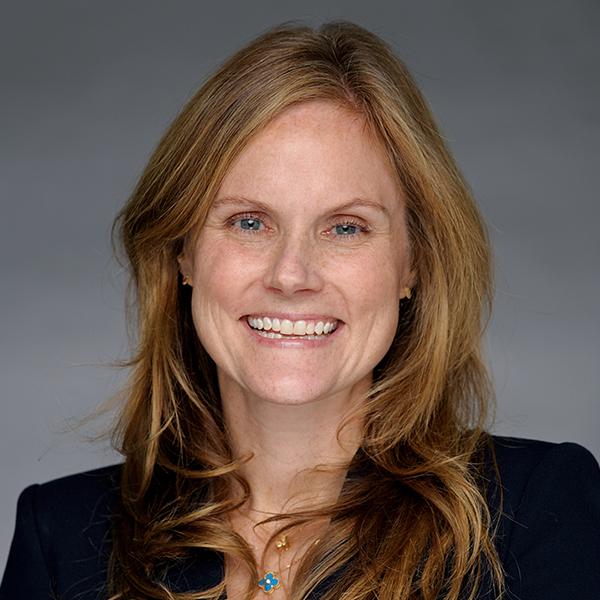Women are increasing their financial power. In fact, a third of the world’s wealth — upto $93 trillion as of 2023 — is controlled by women, according to research from Boston Consulting Group. It’s increasingly common for women to be the primary breadwinners in their households. Moreover, women are amassing wealth more quickly than men and outpacing the growth of the overall global wealth market. And yet, many women find themselves unprepared for important financial decisions later in life.
That’s because when it comes to household finances, long-term investing and financial planning, women still tend to let their spouses take the lead, according to the 2023 UBS report, Own Your Worth. Even in cases where women are the primary breadwinners, the report found, 48% say that financial decision-making is less natural for them compared to 27% of men in that position.
“Certain divisions of labor are typical in any household,” says Leslie Geller, a wealth strategist at Capital Group. “But when women are not part of the financial planning, they run the risk of jeopardizing their futures if they go through a divorce or outlive the spouse.” In those cases, they can find themselves suddenly in the financial driver’s seat. In addition to potential cash flow challenges, they may find themselves facing unexpected legal and tax bills, or losing out on their fair share of a business.
The good news is that you can help women clients close the gap between earning and amassing wealth and actively controlling it. And what’s more, there is a strong business case for it. Women can be a good source of referrals. In a 2024 survey of 405 U.S. financial advisors by Edward Jones in partnership with Morning Consult, advisors said 72% of their women clients who found them through a referral specifically sought recommendations from other women. Women are also fairly loyal clients. A 2024 Cerulli Associates report, Trust in Transition: Widows and Widowers, debunked an older finding that more than two-thirds of widows change advisors after the death of a spouse, finding the number to be closer to 15%. Still, , women are more likely to vote with their feet if they’re not happy. The study found that only 81% of women remained with their advisor compared to 91% of men.


